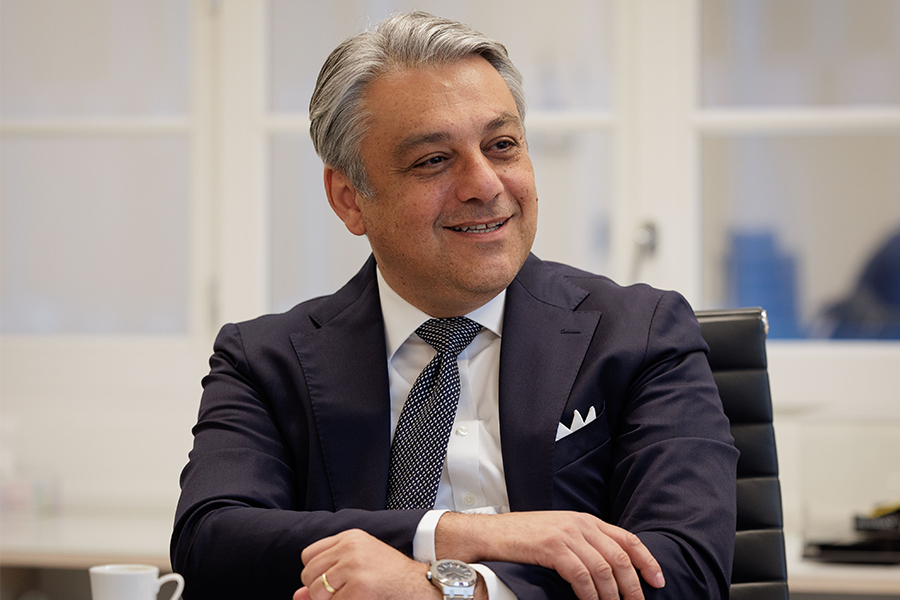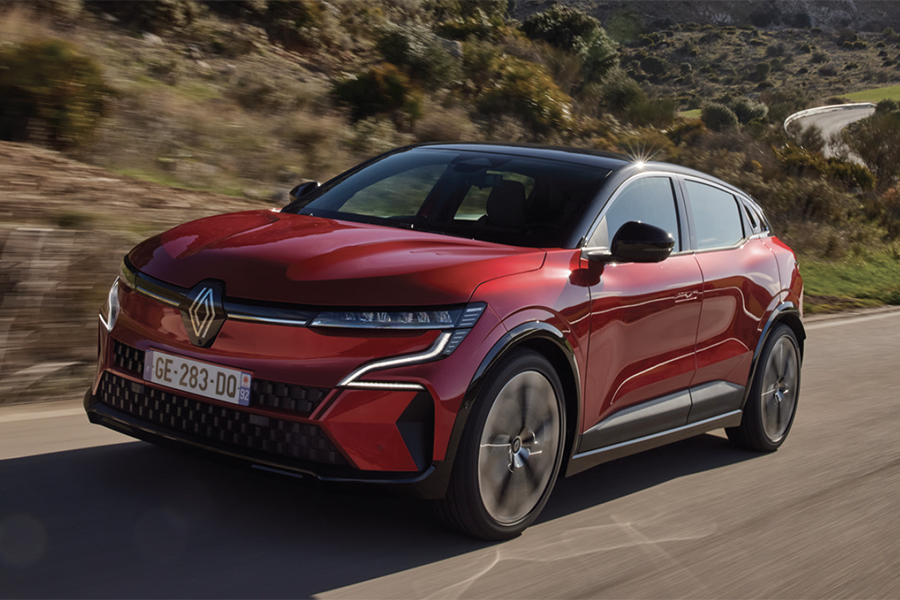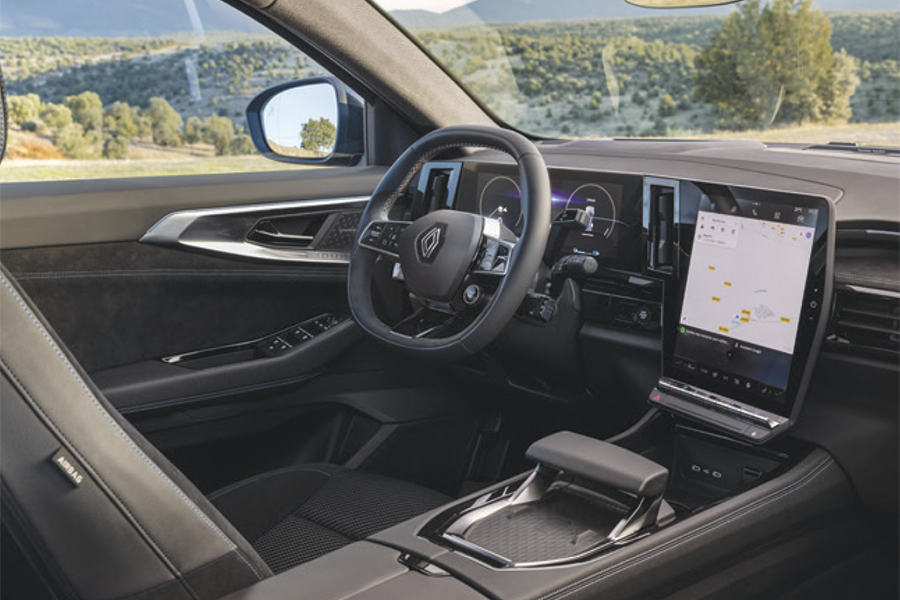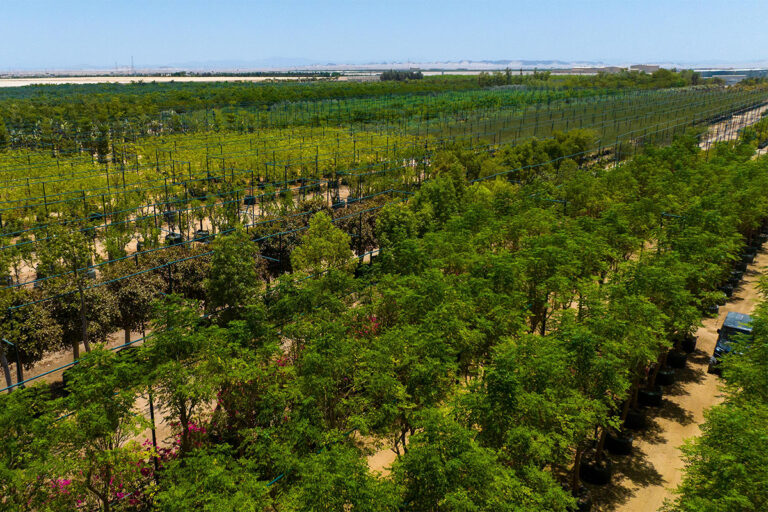
Since joining Renault Group as CEO in July 2020, Luca de Meo has steered the French carmaker into an innovative new direction. As the current president of the European Automobile Manufacturers’ Association (ACEA) and a recipient of the French “Légion d’Honneur”, the Italian “Cavaliere del Lavoro” and similar awards in Spain, de Meo is helping create the car industry of the future.
When Luca de Meo arrived at Renault headquarters in Paris for his first day of work in July 2020, the classic cars that greeted him in the lobby were powerful reminders of the company’s starring role in the history of the automobile.
From the very first “voiturettes” created by the Renault brothers in 1898 to contemporary classics like the Clio and Espace, Renault has enabled millions of people around the world to discover the freedom of car travel and experience all the joys of the open road.
Now de Meo is reviving Renault’s spirit of innovation, breathing new life into the company’s fortunes and preparing it to capitalize on the emerging value chains in a VUCA world.
“Renault is regaining the respect it deserves,” says de Meo. “We are living up to our history, embracing change and seizing the opportunities of the future.”
After he was appointed Group CEO, de Meo moved quickly to revamp Renault’s product line-up and cut excess costs, as he pivoted the company away from small cars and towards more profitable medium-sized ones. Those actions led to a surge in the company’s margins and cash flows, putting Renault in an ideal position to exploit a new era in automotive history.

“We intend to turn Renault into a next-generation automotive company,” says de Meo. “Our industry is transforming and we are reinventing Renault.”
Unveiled in November, de Meo’s “Revolution” plan aims to make Renault a major player in fast-growing markets such as electric vehicles, automotive software and mobility services. De Meo has already struck partnerships with technology leaders including Google and Qualcomm to make it easier to upgrade car software and add new features. Renault has also teamed up with five French tech companies to launch Software République, which is funding research and supporting startups in cutting-edge areas like smart charging.
“We are re-energizing Renault for the new era of electric and connected cars”
Luca de Meo, CEO, RENAULT GROUP
As part of the reinvention of Renault, de Meo has created several independent businesses, including Ampere, which is focused on software and electric vehicles. The new approach is helping Renault access outside expertise and capital, boosting revenue growth and creating a renewed sense of dynamism throughout the company.
“There is an energy now that we didn’t have two and a half years ago,” de Meo says. “Our history shows that Renault has always been a creative company. Now we are funnelling this creativity into new directions. We are building the car company of the future.”
How are you unlocking innovation at Renault?
Renault has a very innovative culture. Products such as the Renault 4, the Kangoo and the Twingo are truly iconic. The problem I found when I arrived was how best to organize this creativity. We have completely reshuffled the business model to turn Renault into one of the most dynamic and forward-looking organizations in the car industry. It is the right model for the changing context. The transformation of the automotive industry is accelerating and we have to adapt to that.
What are the main benefits of the new business model?
The old mantra of “size is everything” no longer applies. Technology is evolutionary. We do not know what the dominant technology for batteries will be in five years. That is why we have restructured Renault. We are now more agile. We used to have a complex structure with many layers. With this new organization, we will be able to seize opportunities quickly and abandon things that don’t work.
How important are partnerships to the future of Renault?
We know we cannot do everything ourselves. Automotive companies have always wanted to dominate the value chain and do everything on their own. Those days are over. With strategic partnerships, we can share investments and access key value chains. For example, with Qualcomm and Google we can make quick progress towards software-defined vehicles based on Android, rather than having to develop our own operating system. That will help us compete with the new generation of car companies.

Do you think that going fully electric is the right move?
Nobody in the industry doubts that we should decarbonize mobility. It is a question of what technologies to use and how to make it affordable. Regulations need to follow the principle of technology neutrality. At Renault we are working on battery electric vehicles, hydrogen fuel cells, hybrids and more efficient internal combustion engines (ICE). Demand for ICEs is continuing to grow. We are combining our traditional powertrain business with Geely to increase our coverage of the market and develop low-emission systems for other car companies.
We are creating a standalone company called Ampere which is dedicated to electric vehicles (EV) and software. Ampere combines all the know-how and assets of Renault with the focus of an EV pure player. It will produce around 1 million EVs a year for the Renault brand by 2031.
It is an exciting time for Renault. Our customers are responding positively. People know when you are doing things with love. The key differentiator at Renault is love![]()
As published in TIME magazine









